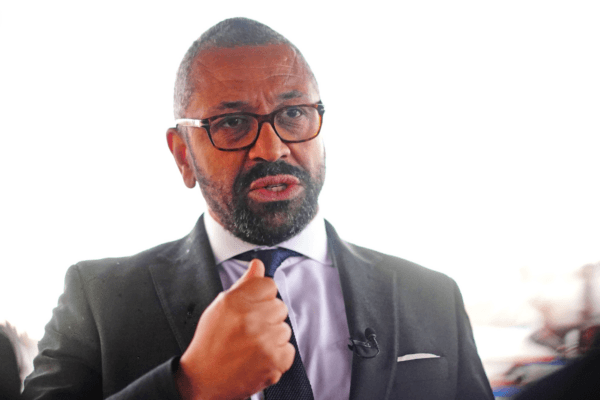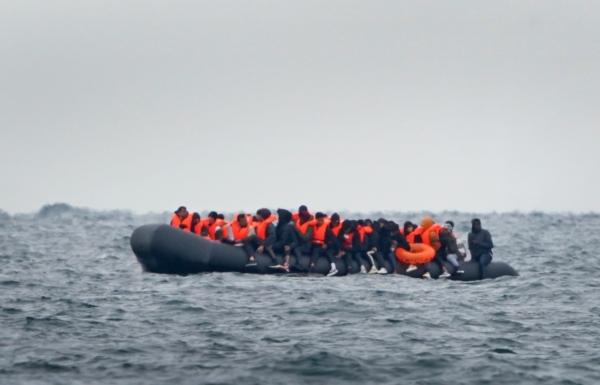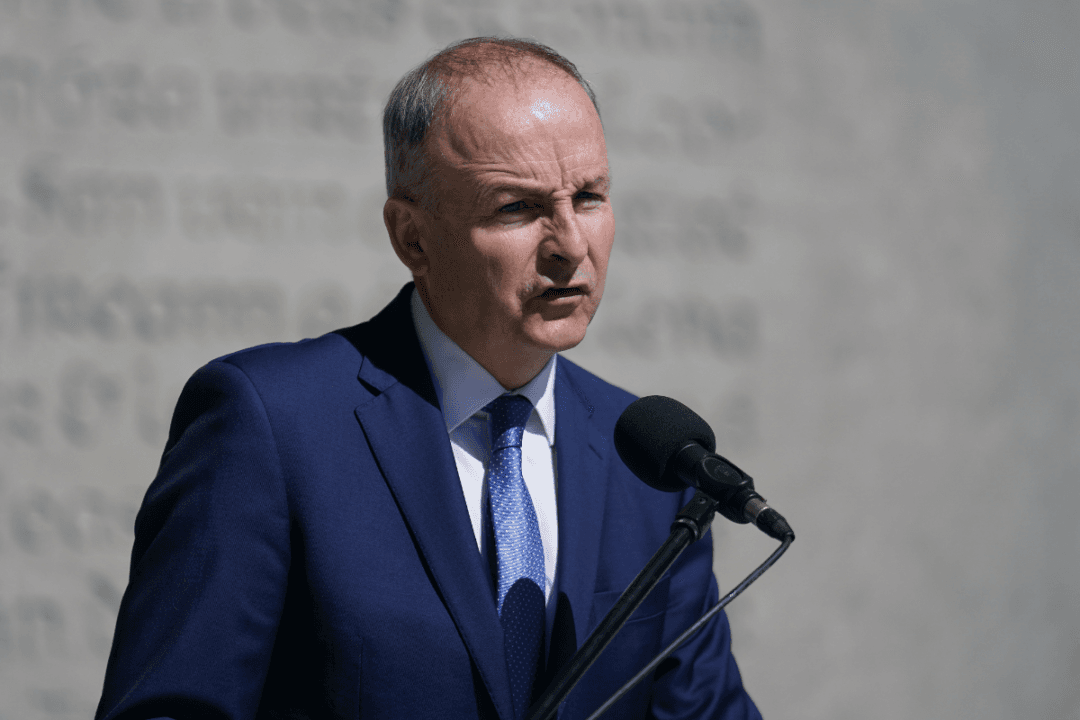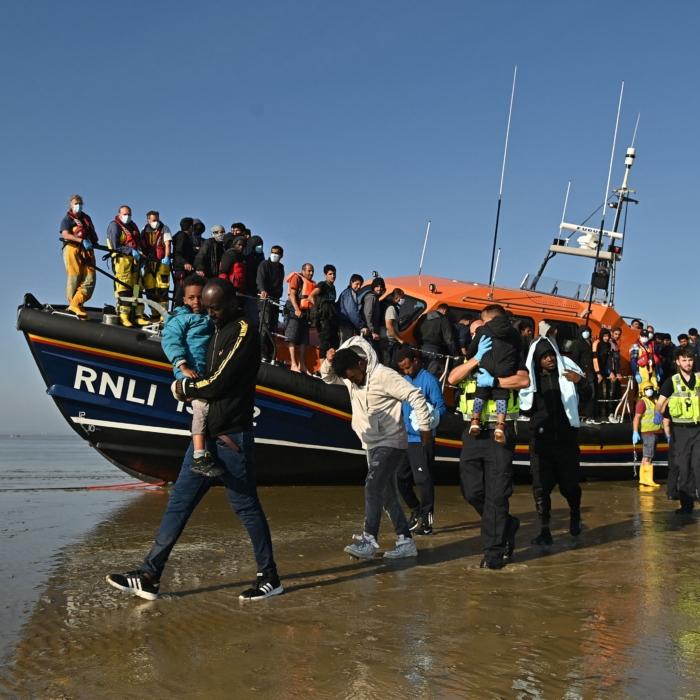The “Rwanda effect” is causing asylum seekers to cross the border from the UK into the Republic of Ireland, the Irish deputy prime minister has claimed.
Micheal Martin said during a trip to Jordan on Wednesday that even though no one has been sent to Rwanda yet, the impact of the measures had resulted in asylum seekers leaving the UK and “taking opportunities to come to Ireland.”
Mr. Martin, also the country’s foreign minister, made the remarks after the Irish government estimated that 80 percent of recent asylum applicants had crossed the land border with Northern Ireland.
“I believe the Rwanda effect is impacting on Ireland. And I think that didn’t happen today or yesterday. It’s been growing since the first iteration and publication of that strategy around Rwanda,” the minister said in remarks reported by the Irish Independent.
He continued: “I don’t think anyone’s gone to Rwanda yet, but to me it’s reflective of a policy. It’s more about the rhetoric and the politics than about having any real impact.
“But it is having real impact on Ireland now in terms of people being fearful in the UK—maybe that’s the impact it was designed to have.”
The minister estimated that it was the threat of being sent to the East African country which was driving asylum seekers to leave the UK, saying, “So, they’re leaving the UK and they are taking opportunities to come to Ireland, crossing the border to get sanctuary here and within the European Union as opposed to the potential of being deported to Rwanda.”
Responding to the claims, a Number 10 spokeswoman said it was “too early to jump to specific conclusions about the impact of the Act and treaty in terms of migrant behaviour.”
“Of course, we will monitor this very closely and we already work very closely as you would expect with the Irish government, including on matters relating to asylum,” the spokeswoman continued.
80 Percent of Recent Asylum Seekers Coming From UK
On Tuesday, Ireland’s Justice Minister Helen McEntee disclosed to the Committee on Justice that 80 percent of recent asylum seekers have crossed the border from Northern Ireland, the UK’s only land border with the European Union.Responding to a question on the number of cross-border applications, Ms. McEntee said that the proportion of people coming through the border with Northern Ireland to seek international protection in recent months was “higher than 80%.”
She said the Irish and Northern Irish police work closely “in identifying where people are coming through Northern Ireland and applying for asylum here.” The Irish government also engages with the UK authorities on a regular basis.
Ms. McEntee added: “The challenge we have is that we advocated for no border on this island. I do not think anybody would say we should not have that situation, but it is absolutely a challenge.”
The minister explained that people with a variety of statuses coming from the UK are applying: “Some arrived in the UK legally, then sought asylum there and are now applying for asylum here.
Flights Will Keep Going ‘Until We Stop the Boats’
On Thursday, the Rwanda bill received Royal Assent and was made law after weeks of parliamentary “ping-pong.” The Safety of Rwanda (Asylum and Immigration) Act will mean that immigrants who enter the UK illegally will have their asylum claims automatically deemed inadmissible and they can either be repatriated or removed to Rwanda.The government considers the measures key in stopping illegal immigrants from arriving by small boat—after some 120,000 have illegally crossed the English Channel since 2018—insisting the plans will act as a deterrent and stop people making the journey.

Home Secretary James Cleverly stressed on Thursday that the government would “keep those flights going until we stop the boats.”
Mr. Cleverly said, “It’s not about how many flights we want to take off—what it’s about is breaking the business model of the people smugglers and deterring people attempting to make small boats crossings—that is what we’re focused on.”
“The deterrent effect of the Rwanda scheme is an important part of that—and as the prime minister has made it clear, we’ll have a regular drum beat, multiple flights per month, through the summer and beyond, and the flights are in order to stop the boats—and that remains our priority,” he added.








